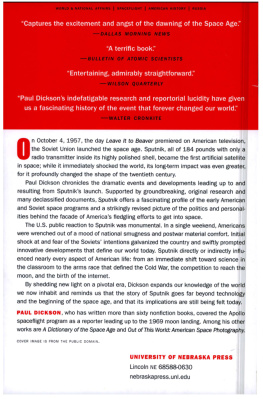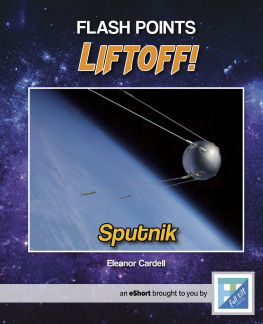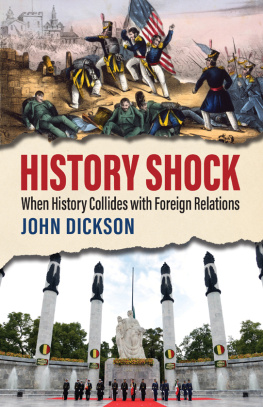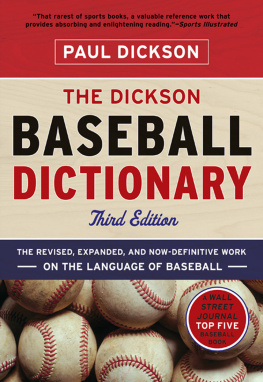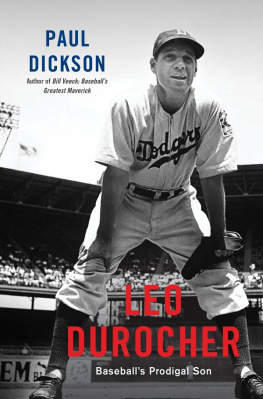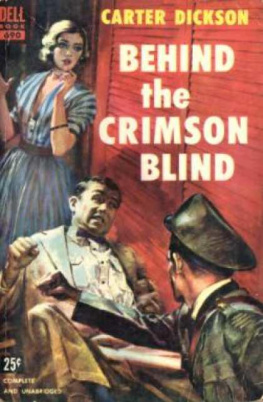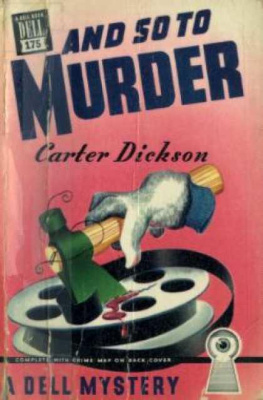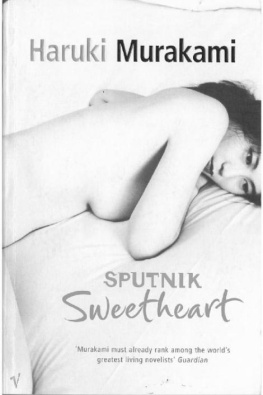Paul Dickson - Sputnik: The Shock of the Century
Here you can read online Paul Dickson - Sputnik: The Shock of the Century full text of the book (entire story) in english for free. Download pdf and epub, get meaning, cover and reviews about this ebook. year: 2019, publisher: University of Nebraska Press, genre: Art. Description of the work, (preface) as well as reviews are available. Best literature library LitArk.com created for fans of good reading and offers a wide selection of genres:
Romance novel
Science fiction
Adventure
Detective
Science
History
Home and family
Prose
Art
Politics
Computer
Non-fiction
Religion
Business
Children
Humor
Choose a favorite category and find really read worthwhile books. Enjoy immersion in the world of imagination, feel the emotions of the characters or learn something new for yourself, make an fascinating discovery.
- Book:Sputnik: The Shock of the Century
- Author:
- Publisher:University of Nebraska Press
- Genre:
- Year:2019
- Rating:3 / 5
- Favourites:Add to favourites
- Your mark:
- 60
- 1
- 2
- 3
- 4
- 5
Sputnik: The Shock of the Century: summary, description and annotation
We offer to read an annotation, description, summary or preface (depends on what the author of the book "Sputnik: The Shock of the Century" wrote himself). If you haven't found the necessary information about the book — write in the comments, we will try to find it.
Sputnik: The Shock of the Century — read online for free the complete book (whole text) full work
Below is the text of the book, divided by pages. System saving the place of the last page read, allows you to conveniently read the book "Sputnik: The Shock of the Century" online for free, without having to search again every time where you left off. Put a bookmark, and you can go to the page where you finished reading at any time.
Font size:
Interval:
Bookmark:

Sputnik is a fascinating slice of useful social history. A serious book that is breezily written, Sputnik reviews the scientific history, the Cold War mentality and a media-driven crisis over what headline writers called 'the Red Moon.
USA Today
[Dickson] resurrects the drama and intrigue surrounding Sputnik with a perspective space junkies will find illuminating and new. Houston Chronicle
An ominous foreign presence suddenly seems to take control of the skiesAnother Pearl Harbor! some shout. Initial fears are replaced by a determination to meet the challenge, and America declares that life has changed forever. Sounds familiar, but the transforming event of Paul Dicksons book is not the crash of hijacked airliners [on] September II; it is the Soviet Unions launch in October 1957 of Sputnik.
Washington Post Book World
This account of the beginnings of the space race should be required reading for those who were born after 1960. It will be a joy to read for those who remember the beep-beep of a small metal ball circling the earthwho remember standing in the cold late autumn night hoping to see Sputnik as it passed over our part of the earth. Roanoke Times & World News
A superbly detailed account of the people and events that first took us off the surface of the earth. Col. Chris Hadfield, Canadian Space Agency astronaut
American arrogance, trumped by the Soviet surprise, led to an unparalleled time of national flagellation and self-doubt. Out of it all came the triumph of Apollo as American determination and spirit responded to the wake-up call of Sputnik. This book vividly reminded me of the powerful events that led me from an impressionable kid to an Apollo 9 astronaut. Rusty Schweickart, Apollo 9 astronaut
[Dicksons] research is painstaking, his attention to detail exemplary. It flows smoothly and clearlyan admirable quality in writing. -Philadelphia Inquirer
The best popular book about Sputnik. -Kansas City Star
Dickson re-creates the fire, furor, frustration, and flamboyance of the early space age. Sputniks arrival set off a tidal wave in the affairs of humans. Vinton Cerf, co-inventor of the internet
Well-written and informative, the book is a magnificent assessment 0f Cold War history. Dickson puts, Sputnik into clear perspectiveits impact on the course of international diplomacy, the growth of technology, and the hopes and fears of ordinary people in the United States and throughout the world. Francis Gary Powers Jr., founder of the Cold War Museum
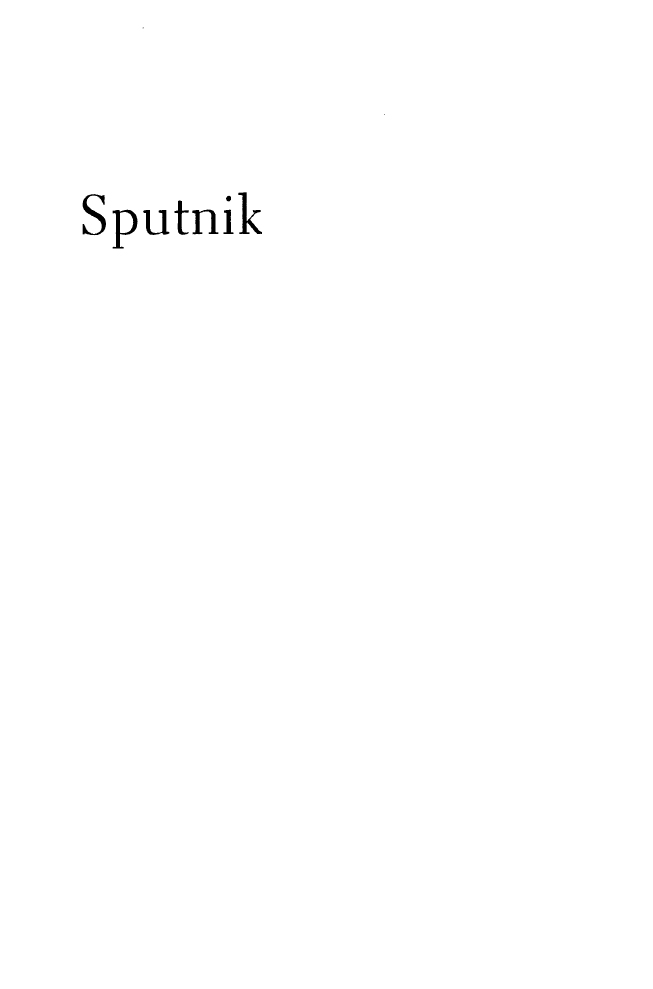
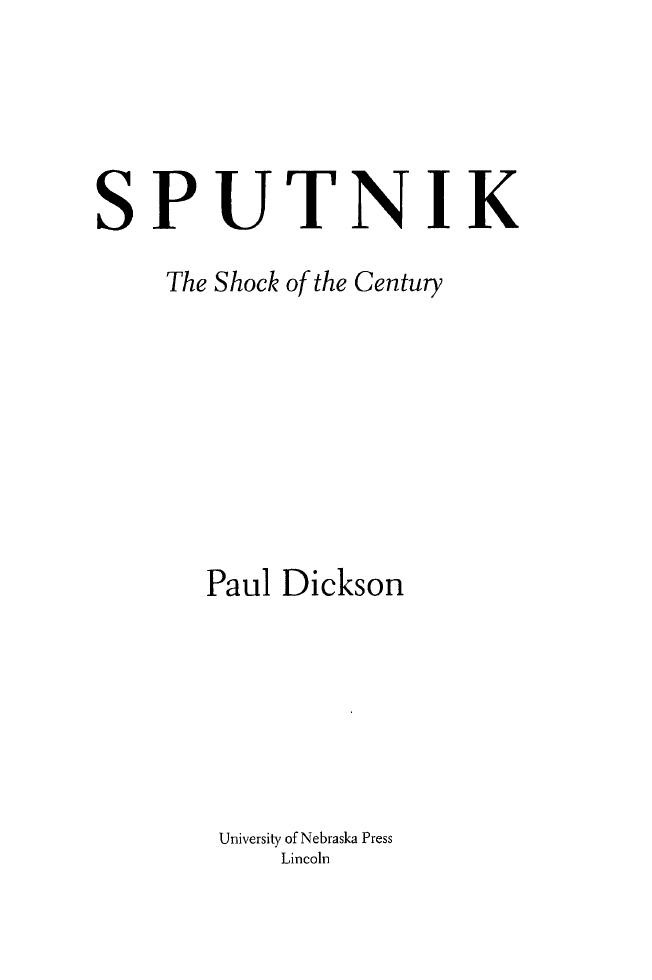
2001 by Paul Dickson
Originally published by Walker Publishing Company, Inc.
All rights reserved
First Nebraska paperback printing: 2019
Library of Congress Control Number: 2019943268
Designed by Ralph L. Fowler.
The publisher does not have any control over and does not assume any responsibility for author or third-party websites or their content.
From the vantage point of 2100 A.D., the year of 1957 will most certainly stand in history as the year of mans progression from a two-dimensional to a three-dimensional geography. It may well stand, also, as the point in time at which intellectual achievement forged ahead of weapons and national wealth as instruments of national policy. The earth satellite is a magnificent expression of mans intellectual growthof his ability to manipulate to his own purposes the very laws that govern his universe.
Physicist Lloyd V. Berkner, October 1957

Introduction
Never before had so small and so harmless an object created such consternation.
Daniel J. Boorstin, The Americans: The Democratic Experience
L isten now, said the NBC radio network announcer on the night of October 4, 1957, for the sound that forevermore separates the old from the new. Next came the chirping in the key of A-flat from outer space that the Associated Press called the deep beep-beep. Emanating from a simple transmitter aboard the Soviet Sputnik satellite, the chirp lasted three-tenths of a second, followed by a three-tenths-of-a-second pause. This was repeated over and over again until it passed out of hearing range of the United States.
The satellite was silver in color, about the size of a beach ball, and weighed a mere 184 pounds. Yet for all its simplicity, small size, and inability to do more than orbit the Earth and transmit meaningless radio blips, the impact of Sputnik on the United States and the world was enormous and unprecedented.
The vast majority of people living today, at the beginning of the twenty-first century, were born after Sputnik was launched and may be unaware of the degree to which it helped shape life as we know it. Now is an especially good time to take a fresh and focused look at the event whose impact looms even larger with the passing of time. In the last decade an incredible amount of once-secret material has been declassified and made public. Scholars and writers both inside and outside government have coaxed key Cold War documents out of hiding. Collectively, this material has given new dimensions and twists to almost every aspect of the events leading up to and following the launch of Sputnik.
For example, one recently released document reveals evidence of a long-forgotten pre-Sputnik olive branch extended by Russian scientists, who asked their American counterparts to supply a piece of scientific equipment for a planned launch. By most indications, this piece of equipment was meant for the third Sputnik.
It is not widely known even now that one of the reasons President Dwight D. Eisenhower and those around him did not react with alarm over Sputnik going into space ahead of an American satellite was that Eisenhower welcomed the launch to help establish the principle of freedom of space. At the time of the Sputnik crisis, the White House, Central Intelligence Agency, Air Force, and a few highly select and trustworthy defense contractors were creating a spy satellite that was so secret that only a few dozen people knew of it. Even its name, CORONA, was deemed secret for many years. Instead of being concerned with winning the first round of the space race, Eisenhower and his National Security Council were much more interested in launching surveillance satellites that could tell American intelligence where every Soviet missile was located.
For many of us born before the 1950S, the fascination and astonishment engendered by the launch of Sputnik remain fresh in our minds. Like many of my generation, I can recall exactly where I was when I heard about Sputniks launch. I was eighteen years old, a college freshman at Wesleyan University in Middletown, Connecticut. A friend stopped me in the middle of the campus to say that he had heard about it on the radio. Instinctively, we both looked up.
Within hours I would actually hear its signal rebroadcast on network radio. Before the weekend was over, I got to hear it directly on a shortwave radio as it passed overhead.
Not only could you hear Sputnik, but, depending on where you were, it was possible to see it with the naked eye on certain days in the early morning or the late evening when the Sun was still close enough to the horizon to illuminate it. While standing in the middle of the college football field a week or so after the launch, I first saw the satellite scooting across a dark evening sky orbiting the Earth at a speed of 18,000 miles per hour. Watching Sputnik traverse the sky was seeing history happen with my own eyes. To me, it was as if Sputnik was the starters pistol in an exciting new race. I was electrified, delirious, as I witnessed the beginning of the Space Age.
Font size:
Interval:
Bookmark:
Similar books «Sputnik: The Shock of the Century»
Look at similar books to Sputnik: The Shock of the Century. We have selected literature similar in name and meaning in the hope of providing readers with more options to find new, interesting, not yet read works.
Discussion, reviews of the book Sputnik: The Shock of the Century and just readers' own opinions. Leave your comments, write what you think about the work, its meaning or the main characters. Specify what exactly you liked and what you didn't like, and why you think so.

